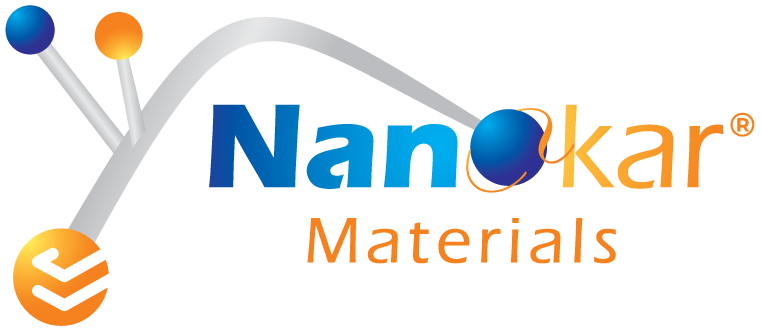What is Lithium Nickel Manganese Cobalt Oxide Powder (NMC 811)?
Lithium Nickel Manganese Cobalt Oxide (LiNi0.8Mn0.1Co0.1O2), commonly known as NMC 811, is a high-energy-density cathode material used in lithium-ion batteries. It offers a higher nickel content, which enhances capacity and reduces cobalt dependence, making it an efficient and cost-effective choice for electric vehicles (EVs), energy storage systems (ESS), and high-performance batteries.
Chemical Properties and CAS Number
- Chemical Formula: LiNi0.8Mn0.1Co0.1O2
- CAS Number: 182442-95-1
- Molecular Weight: ~97.3 g/mol
- Appearance: Fine black powder
- Density: ~4.7 – 5.0 g/cm³
- Surface Area: 5-15 m²/g (varies by synthesis method)
- Particle Size: 1-10 μm
Applications of Lithium Nickel Manganese Cobalt Oxide (NMC 811)
1. Lithium-Ion Batteries for Electric Vehicles (EVs)
- Used in next-generation EV batteries for extended driving range.
- Provides high energy density, allowing longer battery life.
2. Energy Storage Systems (ESS)
- Ideal for grid-scale energy storage, supporting renewable energy integration.
- Used in home battery storage units to improve energy efficiency.
3. Aerospace & Defense Applications
- Utilized in satellite and aerospace batteries due to its lightweight and high energy density.
4. Consumer Electronics & Power Tools
- Applied in smartphones, laptops, and high-drain power tools for extended battery life.
Pricing of Lithium Nickel Manganese Cobalt Oxide (NMC 811) Powder
- Small-scale lab orders: $150 – $500 per kg
- Bulk industrial orders: $1,000 – $6,000 per batch
- Custom synthesis: Prices vary based on purity, morphology, and batch size
Factors Influencing Pricing
- Purity level (≥99%)
- Nickel content and supplier quality
- Particle size and morphology
- Bulk order discounts
- Geographic location and shipping costs
Conclusion
Lithium Nickel Manganese Cobalt Oxide (NMC 811) is a leading high-energy cathode material for lithium-ion batteries. Its superior capacity, thermal stability, and cost-effectiveness make it the preferred choice for electric vehicles, energy storage, aerospace, and high-performance applications.
